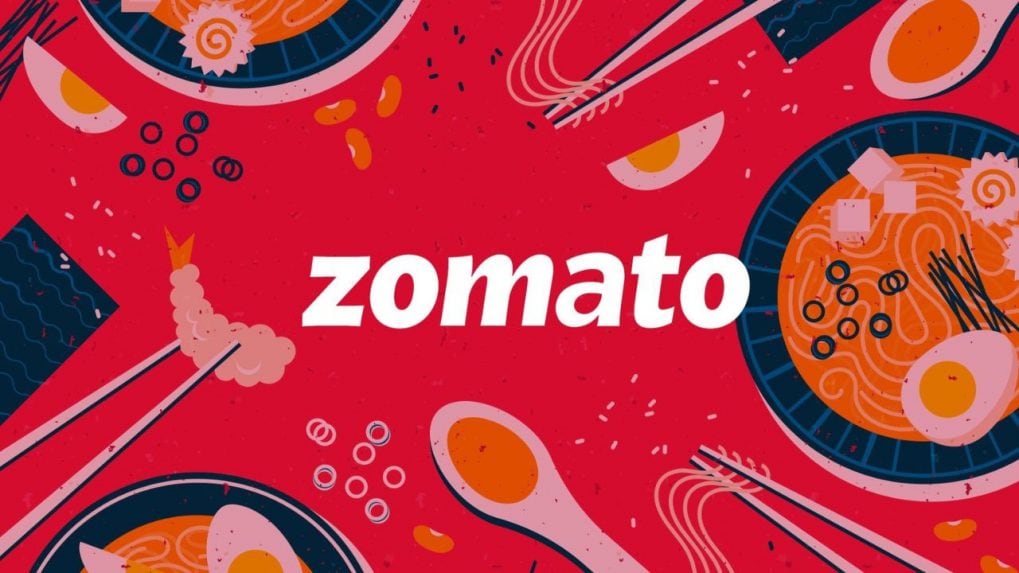Zomato introduces new restaurant fees and rider visibility plan amid stagnant growth
In addition to the long-distance fee, Zomato is piloting a new “visibility assurance” plan for restaurant brands.
ADVERTISEMENT
Food delivery giant Zomato, under its parent company Eternal, is making strategic changes aimed at improving order profitability. As part of these efforts, the platform has introduced a new ‘long distance fee’ for restaurants, adding an additional cost layer for food orders that are delivered more than 4 kilometres away from the restaurant or cloud kitchen.
According to a new policy communication reviewed by Moneycontrol, restaurants will now have to pay Zomato ₹20 for each order where the delivery distance is between 4 and 6 km—provided the order value is more than ₹150. If the distance crosses 6 km, the long-distance fee doubles to ₹40 per order. For smaller orders under ₹150, there’s no added fee up to 6 km, but restaurants will be charged ₹40 if the distance exceeds that.
While Zomato claims that the move is designed to ensure that each order remains profitable “for you and us,” the development has sparked concerns among restaurant partners. Several restaurateurs told Moneycontrol that these changes, rolled out over the past few days, could deter them from accepting longer-distance orders due to squeezed margins.
The long-distance fee isn't uniform across the board. The exact charges may vary slightly depending on individual agreements restaurants have with Zomato. However, the company has reportedly capped the total platform fees—including commissions and the new long-distance charges—at 30% of the order value.
Notably, these charges won’t be passed on to customers—at least for now. Zomato users, including those subscribed to the Zomato Gold loyalty programme, will continue to pay the same delivery fees they do currently. The company has not clarified whether user delivery charges will change in the future.
In addition to the long-distance fee, Zomato is piloting a new “visibility assurance” plan for restaurant brands. Under this initiative, restaurants can pay between ₹6,000 to ₹6,500 per month per brand identity (RID) to get priority rider allocation—which means faster deliveries and improved customer satisfaction. One restaurant partner told Moneycontrol that this could help retain customers through better service times.
The new visibility scheme is being rolled out in phases and hasn't been offered to all partners yet. Zomato aims to not only enhance platform stickiness for restaurants but also to incentivize delivery riders by improving their earnings. This could help the company retain riders at a time when quick commerce firms and newer delivery players like Rapido are beginning to challenge the duopoly of Zomato and Swiggy.
These updates come at a time when India’s food delivery market is seeing moderate growth of 15–20% year-on-year, prompting platforms to sharpen their monetisation strategies and boost operational margins.
While the new policies are likely to face scrutiny from small restaurant operators, they signal Zomato’s clear push to extract more value from its existing ecosystem—through both platform fees and service differentiation.
Read More: “We are ultimately a people business,” says Mark Read as AI reshapes WPP workforce


